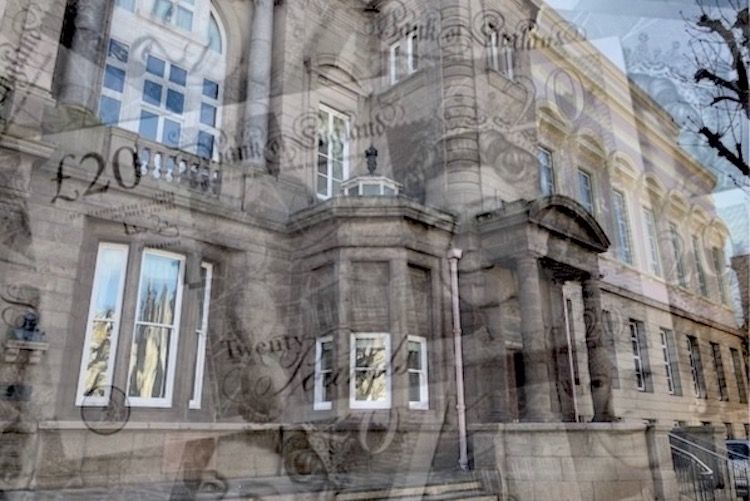


Criminal legal aid will be paid for by taxpayers for the first time and be based on a fixed fee at a cost of £1.5m a year from 1 April, if proposals brought forward by the Chief Minister are approved by the States Assembly.
Senator John Le Fondré recently presented the guidelines for the new Legal Aid Scheme to the States, which will launch on 1 April 2022 unless Members make any comments within the next month.
They have already formally approved the system, having passed the Access to Justice Law in 2019, which gave a statutory basis to legal aid for the first time.
The vast majority of criminal law legal aid is currently provided and funded by the legal profession. The change will cost taxpayers up to £1.5m a year and has been accounted for in the latest Government Plan.
The new scheme will cover all Children Law proceedings brought by the Minister, all criminal cases in the Royal Court, as well as the Magistrate’s Court and Youth Court - with the exclusion of offences for which the maximum sentence is a fine of £1,000 - and certain mental health/capacity and human rights cases.
Financial eligibility criteria will move from being based on a household to being based on an individual. The current household income limit of £45,000 will be replaced by an individual limit of £48,000.

Pictured: The new scheme covers all criminal cases in the Royal Court.
The capital limit - which includes equity in a property - moves from a £15,000 household limit, excluding £100,000 of equity, to a £48,000 individual limit, which includes equity.
At the moment, personal contributions are due under the criminal and public law scheme. However, no contributions will be due from those eligible for legal aid under the proposed new scheme.
Lawyers working under the criminal legal aid scheme will receive fixed fee payments for their work.
There will be no residency test for public law legal aid, which represents a change from the current process where a residency test applies in criminal matters, except where there is a risk of a custodial sentence.
This ensures that anyone who might be subject to criminal proceedings in a Jersey court has access to legal representation.
Private Law legal aid will continue to be funded by the legal profession, with no public contribution.
“These guidelines do not represent the end of the process for agreeing Jersey’s Legal Aid Scheme," Chief Minister John Le Fondré said.
“The 2019 Law requires the Judicial Greffier to prepare an annual report in respect of the Legal Aid Scheme. Interim Reports can also be provided on specific matters arising in respect of the scheme, instigated at the motion of the Judicial Greffier or Chief Minister.
“For the first time, the Legal Aid Scheme is now subject to democratic accountability, and there is a clear process for considering further improvements or changes to the scheme, which are accessible to the public via States Members.”
Comments
Comments on this story express the views of the commentator only, not Bailiwick Publishing. We are unable to guarantee the accuracy of any of those comments.